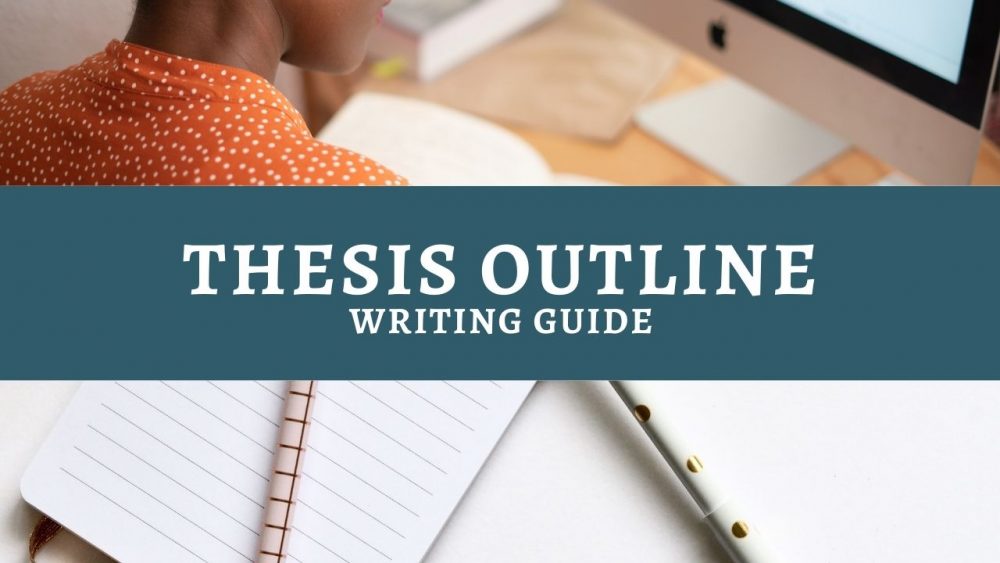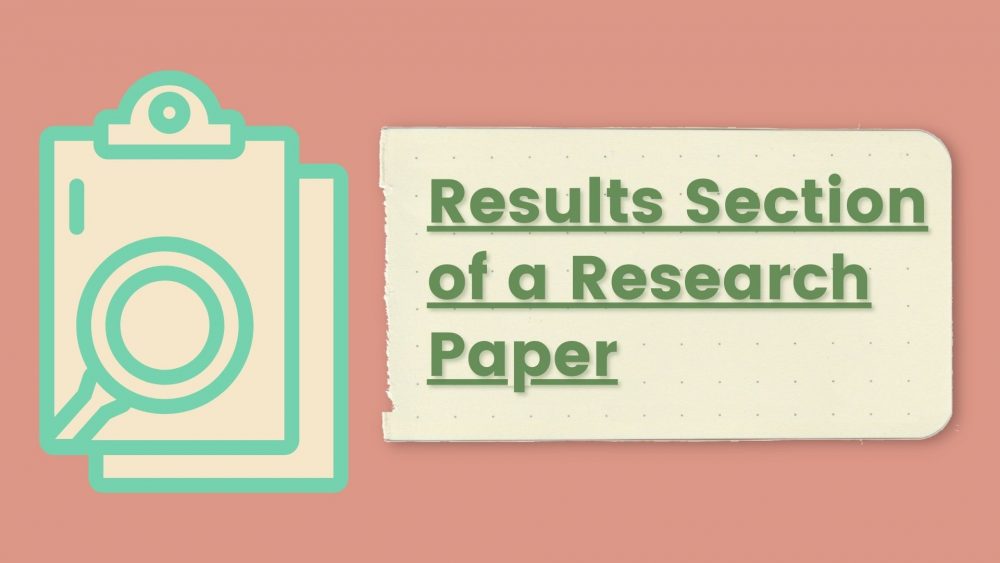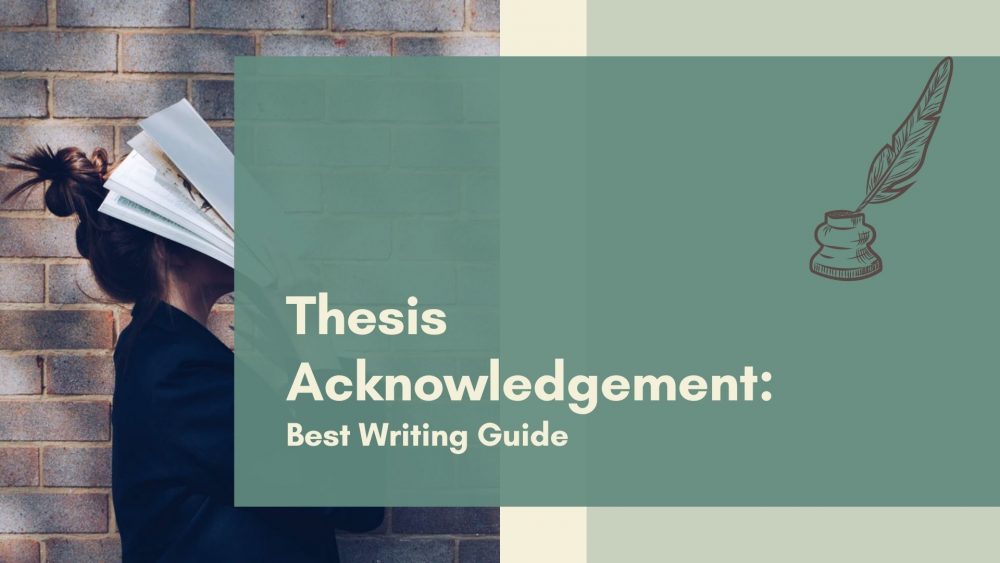The last portion of your dissertation is called the conclusion. The objective of the dissertation conclusion is to answer the primary question of the research, provide a summary of the research, make recommendations for possible research on the subject and list the new information that your research contributes to the field.
Although the discussion and the conclusion have similar elements, they are not the same. They may be combined in shorter journal articles and papers. However, in a thesis, both the conclusion and discussion must be included.
While a discussion includes specific interpretations and results, the conclusion makes broader statements to sum up all the important points of your research.
Writing a good conclusion is important to clarify the main discoveries and arguments of your research. Here are some tips on how to conclude a thesis.
Provide Answers to The Primary Question in Your Research
The first step is to understand how to start a conclusion. It must begin with the key question of your dissertation. This allows you to show the results of your work. It must be clear and concise. You do not have to repeat all the results discussed along the thesis. Just combine them into a few words that will become the final takeaway for readers.
For example, the conclusion for a dissertation that aims at making theoretical arguments by analysing case studies, the beginning can be as follows:
“A detailed analysis of the changing representations of the UK border policy and migration over the last ten years, the influence of media discourse in political decision making is highlighted in this dissertation”
Summarise Your Research
The thesis conclusion gives your readers a reminder about why you approached a topic in a certain way. You must summarize the expected results and the actual results that matched these expectations.
The summary should not have too many repetitions. It is not meant to summarize every chapter. Instead, it must reflect your views and ideas that were developed through the course of the thesis. This is also a good opportunity to list any limitations in the research. You can also highlight why your methodology was best suited for the topic discussed.
Here is an example of how to restate thesis in conclusion:
This research evidently shows “X” while raising a few questions about “Y”. In keeping with the example provided above, the summary can begin as follows:
“In addition to showcasing the various representations of UK border policy, this thesis also raises questions on the credibility of media exposure in these representations.”
Provide Recommendations
In the discussion of your research, you may have provided possible areas to explore in future research. However, with the conclusion, you can elaborate on these suggestions. Make sure you include the implications of all your findings in the field of study.
These examples will help you understand ways to start a dissertation conclusion recommendation:
“Further research is required to determine the relationship between the changing political views on migration and their effect on global economy”, or,
“Based on the conclusions of this research, practitioners may consider studying the relationship between migration and economy”
Make sure that you do not exaggerate how applicable your research is. Instead, provide broader statements to highlight important insights of your thesis. Remember, the conclusion must not include any new interpretations, data or arguments.
Highlight the Contributions of You Research
A good thesis is one that provides some new knowledge to a particular field of study. This gives your readers a very strong impression about the contributions of your thesis. You can highlight the contributions of your research in different ways as mentioned below:
- Go back to the problem statement and explain how your thesis has helped solve it.
- Use references from the literature review to showcase how your research has addressed any gaps in information.
- Write about how the results of your thesis challenges existing assumptions and theories.
You need to make sure that you do not repeat information that has already been covered in the discussion. Choose only the important points and provide a brief overview.
Complete the Dissertation
Once the conclusion is written, there are a few final steps to complete your dissertation:
- Write the thesis abstract in 200 words or less.
- Review your reference list and format it as per the writing style. You can also use online reference generators to speed up this process.
- Create the table of contents and complete the title page.
Make sure you review the document completely to ensure that there are no language errors.
Dissertation Conclusion Checklist
To make sure that you have understood the essence of the conclusion, compare this checklist with any available dissertation conclusion sample:
- The research question is answered
- The argument is summarised
- There is some reflection on the methods and results
- Limitations, if any, are highlighted
- The most relevant recommendations are discussed
- The important contributions of the thesis are explained clearly
- There is no inclusion of new data
If you need any thesis writing help or wish to read through example of conclusion in thesis, our experts are always ready to help you. Get in touch with us now to create an impressive conclusion for your thesis.










